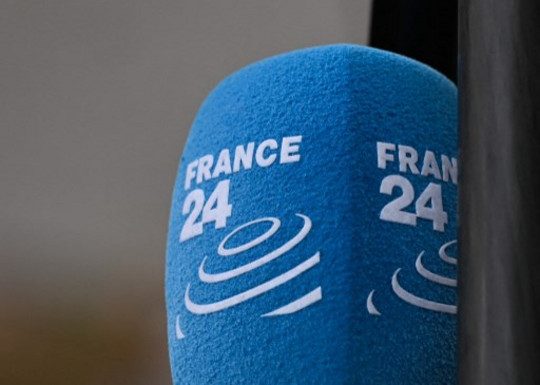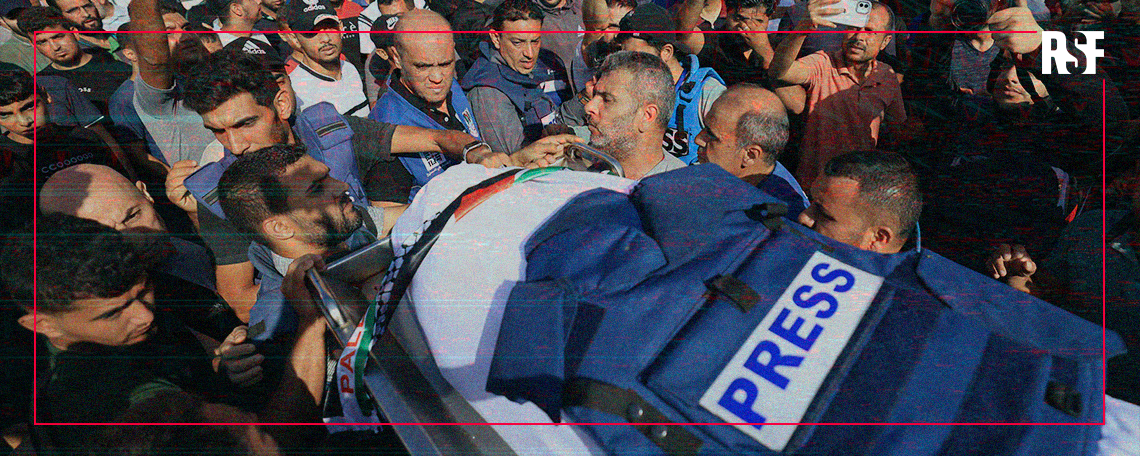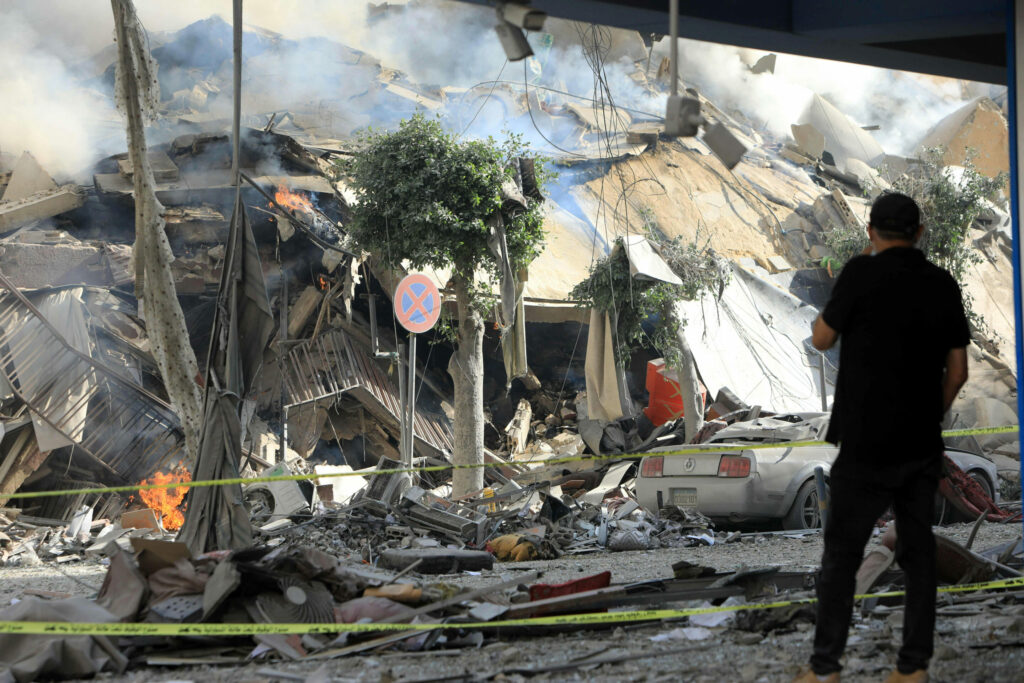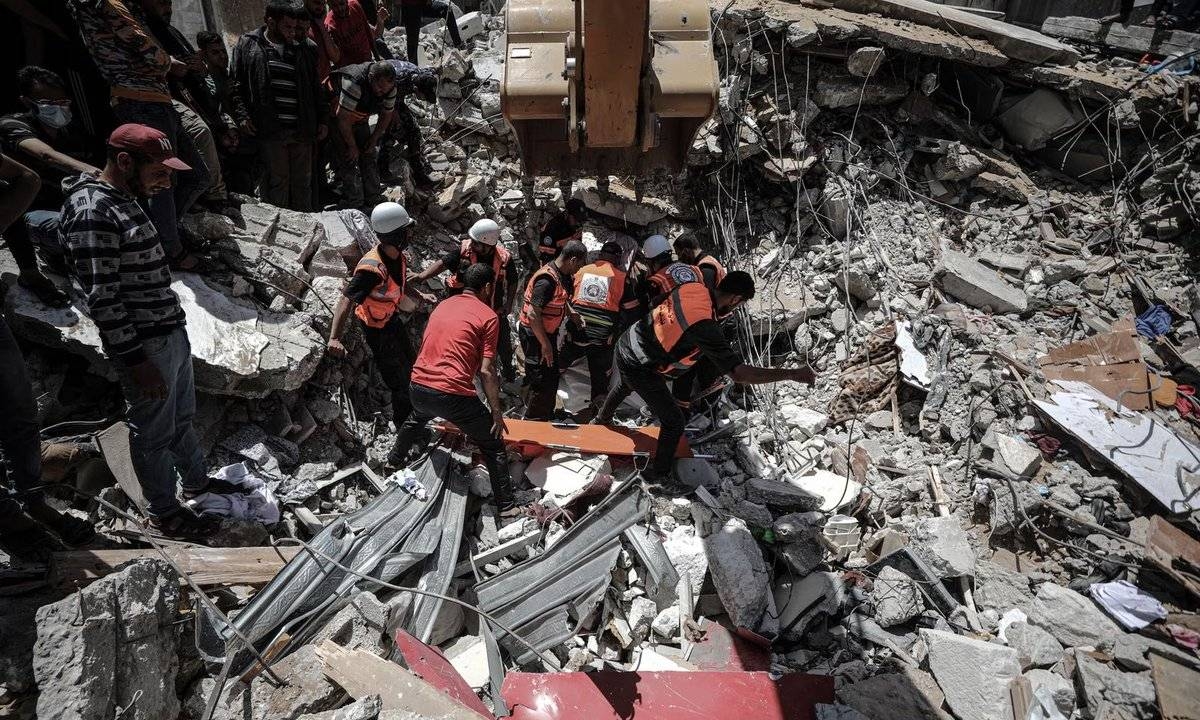
France 24’s Wassim Nasr Faces Terrorism Investigations in the Sahel
October 3, 2024
Gaza in the Dark: How Israel Engineered a Year-Long Media Blackout
October 3, 2024October 03, 2024 – Belgium/Lebanon –
Two Belgian reporters working for Flemish broadcaster VTM News—correspondent Robin Ramaekers (49) and cameraman Stijn De Smet (37)—were wounded on October 2, 2024, while covering Israeli airstrikes in central Beirut, as part of the broader Israel–Hezbollah conflict. Their injuries occurred during a live report on bombing strikes targeting Hezbollah-related sites in the city’s southern suburbs.
Ramaekers sustained facial fractures, while De Smet was shot in the leg. Both were quickly hospitalized and survived the attack, which also killed six civilians and injured eleven others in that blast. Their coverage, alongside a local fixer, put them in harm’s way amid chaotic post-strike conditions, underlining a harsh reality: journalists reporting from conflicts are exposed not only to military actions but also to unpredictable dangers on the ground.
The Belgian Ministry of Foreign Affairs confirmed the incident, while their employer, VTM News, and parent company, DPG Media, described the injuries as serious yet stable. They affirmed both journalists were under care and safe at that time. Belgian authorities noted they were closely monitoring the situation and supporting any necessary measures.
This incident reflects a worrying trend of violence against journalists in the Israel–Hezbollah conflict. CPJ data shows dozens of media workers have been killed or injured across Lebanon since October 2023, including high-profile cases such as the deaths of Reuters’ Issam Abdallah and others targeted despite being marked as press. Attacks—ranging from shelling to physical assaults by unidentified civilians—have become a distressingly common hazard for reporters on the frontline.
Journalist groups and human rights organizations have condemned these incidents, emphasizing that journalists are civilians under international law and must be safeguarded. The targeting of clearly identified press members and media facilities heightens concerns of deliberate attempts to stifle independent reporting.
Ramaekers and De Smet’s injuries underscore the perilous conditions journalists face in conflict zones. Their experience serves as a stark reminder of the urgent need to protect media workers and ensure safe access to frontline reporting, uphold press freedom, and maintain public transparency in times of war.
Reference –
https://www.arabnews.com/node/2573771/%7B%7B
Two Belgian journalists injured while reporting in Beirut (brusselstimes.com)




